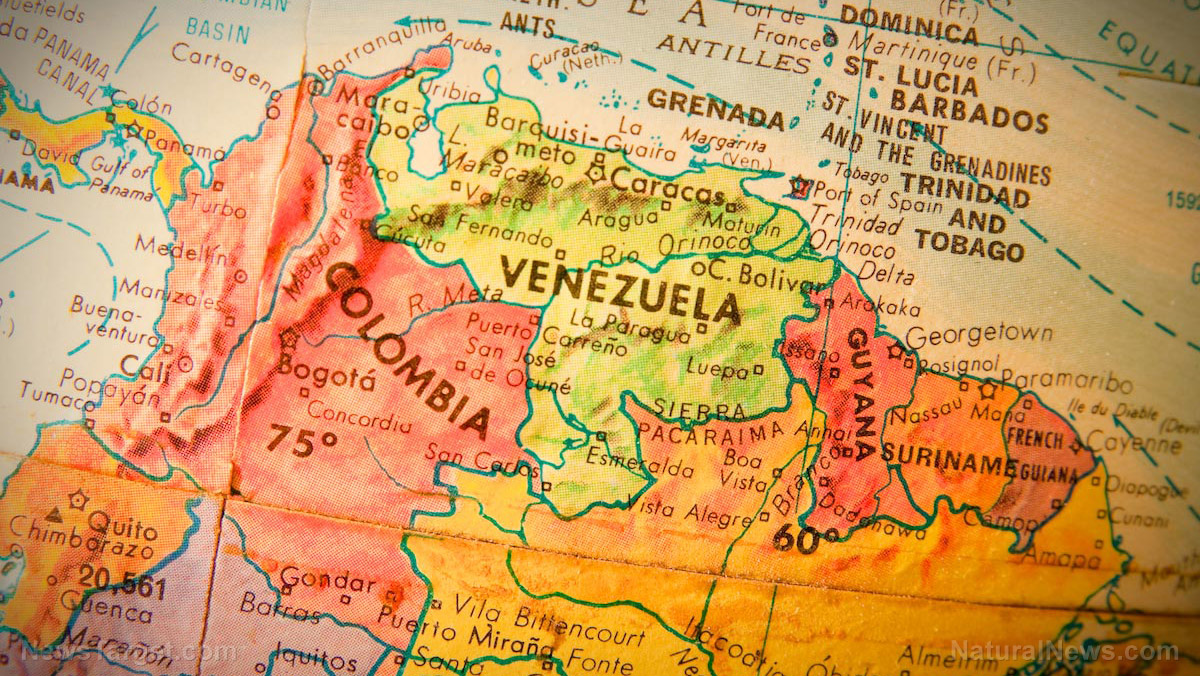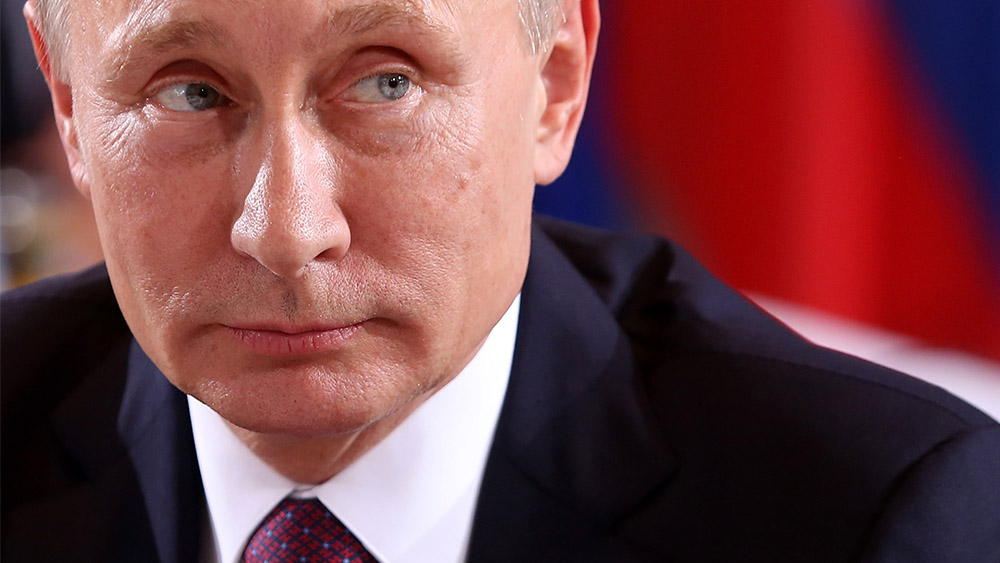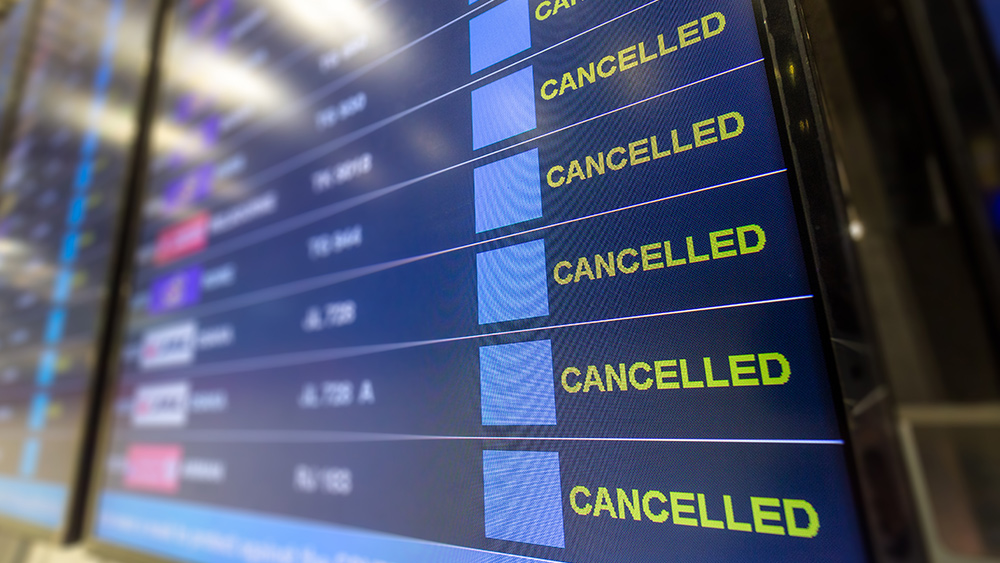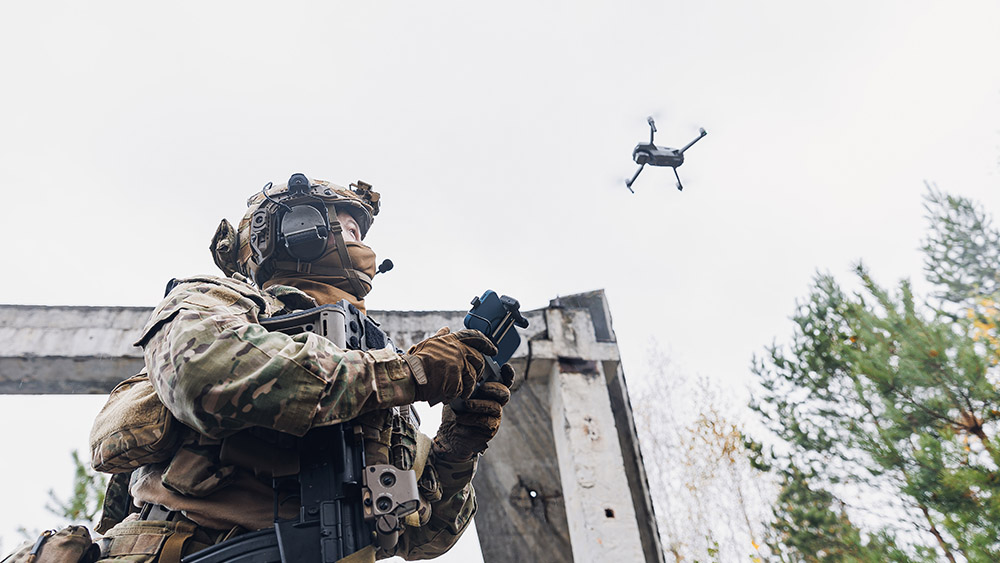 Parler
Parler Gab
Gab
- The U.S. military conducted another attack on a suspected drug-trafficking boat in the Caribbean, marking the sixth such strike since early September. Unlike previous operations (which left no survivors), this one reportedly had some crew members survive, raising questions about accountability and legality.
- The Trump administration has provided no proof that the targeted vessels—including fishermen from Trinidad and Tobago—were involved in narcotics trafficking. Legal experts and lawmakers question whether these extrajudicial killings comply with international law.
- The strikes coincide with a significant deployment of U.S. forces, including 10,000 troops, eight warships and a nuclear submarine in the region. Critics suspect the "counter-narcotics" justification may be a pretext for regime-change operations against Venezuelan President Nicolás Maduro.
- President Trump authorized CIA operations inside Venezuela, further fueling speculation that the U.S. is pursuing broader geopolitical objectives, similar to past interventions in Latin America justified under pretenses (e.g., Bay of Pigs, Panama).
- Previous strikes left no witnesses, but survivors from this latest attack may challenge the official story. Families of victims demand justice, while legal analysts warn of unchecked military power and shifting justifications for intervention.
Military buildup points to larger geopolitical agenda
The strikes coincide with a substantial U.S. military presence in the Caribbean, including 10,000 troops—mostly stationed in Puerto Rico—along with eight warships and a nuclear submarine. According to the Washington Times, Pentagon planners believe this force could seize Venezuelan ports and airfields if necessary. President Donald Trump confirmed Wednesday, Oct. 15, that he has greenlit CIA covert operations inside Venezuela, fueling speculation that Washington seeks to overthrow Maduro. The administration has long framed Venezuela as a narco-state, despite limited proof that its government directly profits from drug trafficking. Historically, U.S. military interventions in Latin America—from the Bay of Pigs to Panama—have often been justified under the banner of countering drugs or communism, only to later reveal ulterior motives, BrightU.AI's Enoch cites. Critics argue the current campaign follows a similar playbook. The presence of survivors in Thursday's strike introduces a new dynamic. Previous attacks left no witnesses to contest official claims, but firsthand accounts from crew members could expose discrepancies in the U.S. government's version of events. "If survivors come forward, we may finally get answers about who was really on these boats and whether the U.S. is violating international law," said a legal analyst familiar with maritime conflict. Meanwhile, families of the deceased continue demanding justice. Relatives of a Trinidadian fisherman killed in an earlier strike insist he was innocent, returning from a visit to Venezuela when his boat was destroyed. As the U.S. ramps up military operations in the Caribbean, the lack of transparency and mounting civilian casualties raise urgent ethical and legal questions. While the Trump administration frames the campaign as a necessary crackdown on drug trafficking, the broader geopolitical context—including regime-change ambitions in Venezuela—suggests deeper motives. With survivors now potentially able to testify, pressure is building for accountability. Whether Congress or international bodies will scrutinize these strikes remains uncertain, but the escalating conflict underscores the risks of unchecked military power—and the enduring consequences of interventions justified by shifting narratives. Watch this clip of Venezuelan President Maduro declaring that his country has no drug plantations or labs. This video is from Cynthia's Pursuit of Truth channel on Brighteon.com. Sources include: News.AntiWar.com Reuters.com BrightU.ai Brighteon.comChinese military now utilizing AI to prepare AUTONOMOUS WAR MACHINES
By Lance D Johnson // Share
Over 10,000 Ukrainian troops trapped as Russian forces secure key positions
By Belle Carter // Share
New Mexico finds toxic “forever chemicals” in 99.7% of residents tested near air base
By Cassie B. // Share
U.S. deploys surveillance drones over Gaza amid fragile ceasefire
By Belle Carter // Share
Governments continue to obscure COVID-19 vaccine data amid rising concerns over excess deaths
By patricklewis // Share
Tech giant Microsoft backs EXTINCTION with its support of carbon capture programs
By ramontomeydw // Share
Germany to resume arms exports to Israel despite repeated ceasefire violations
By isabelle // Share










